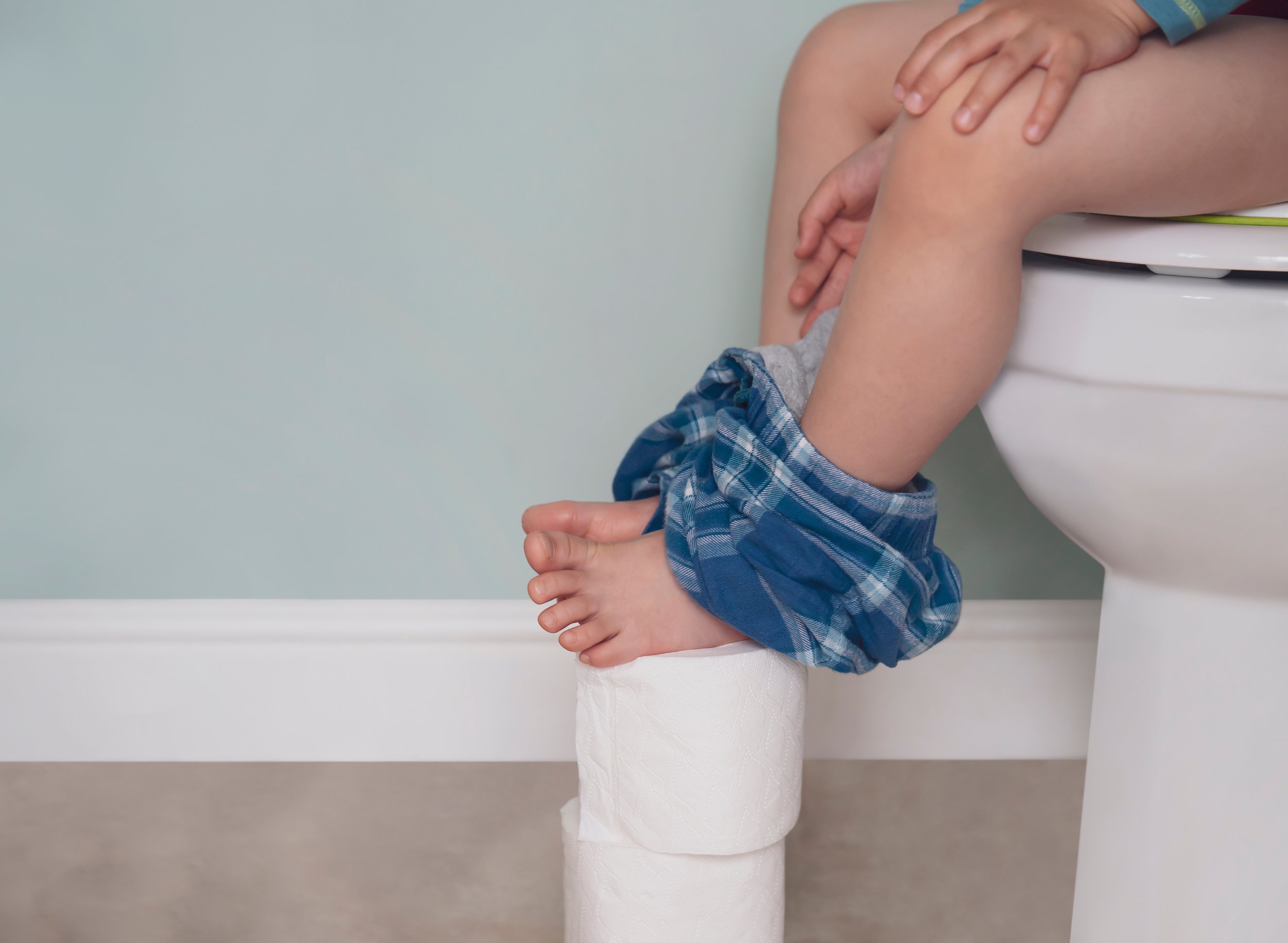Providing Expert In-Home Private —THERAPY—
Our Services
-

0-12 months
Occupational therapy for infants under 12 months focuses on early developmental milestones, sensory integration, feeding issues, and parental education/support. It can involve activities to promote fine motor skills, sensory exploration, and addressing any developmental delays or challenges.
-

1-3 years
For toddlers aged 1-3 years, occupational therapy may involve activities to promote fine and gross motor skills, sensory processing, social interaction, self-care skills like feeding and dressing, and early cognitive development. Therapists might also address behavioral challenges and provide support to parents in fostering their child’s independence and development.
-

3-6 years
Occupational therapy for preschoolers aged 3-6 years focuses on further developing fine and gross motor skills, sensory processing abilities, social skills, self-regulation, and activities of daily living such as dressing and grooming. Therapists might also work on pre-writing and pre-reading skills, play skills, and addressing any sensory sensitivities or behavioral concerns.
Specialized Service
Parents might seek a full evaluation if they have concerns about their child's development, such as delays in motor skills, difficulties with feeding, sensory sensitivities, or challenges in daily activities. The evaluation helps identify specific areas that need support and guides the creation of a personalized therapy plan to help the child achieve their developmental milestones and improve their quality of life.
-
Feeding therapy services provided by Sarah Abbott, a pediatric occupational therapist and feeding specialist, focus on helping children develop essential eating skills through a holistic approach that includes food play. She addresses challenges such as difficulty with sucking, swallowing, and transitioning to solid foods, while also working on oral motor skills and sensory processing. By incorporating food play, Sarah helps children explore textures, tastes, and smells in a fun, pressure-free environment. Her sessions include personalized strategies, parent education, and the use of specialized tools to encourage positive mealtime experiences and foster healthy growth and development.
-
As a pediatric occupational therapist certified in pediatric pelvic health, Sarah offer specialized potty training services. Her approach is tailored to each child's unique needs, focusing on building the physical, sensory, and behavioral skills necessary for successful toilet training. Sarah provides guidance on developing routines, managing sensory sensitivities, and addressing any underlying motor or pelvic health issues. She works closely with parents to create a supportive and stress-free environment, helping children achieve potty training success with confidence and comfort.
-
As a pediatric occupational therapist, Sarah offers school readiness therapy to help children develop the essential skills needed for a successful transition to school. Her therapy focuses on enhancing fine motor skills, such as writing and cutting, improving attention and self-regulation, and building social and emotional readiness. Sarah tailors her approach to each child, ensuring they are equipped with the confidence and abilities needed to thrive in a school environment. She also collaborates with parents and educators to support the child's overall development and ease the transition into the classroom setting.
-
ADLs: As a pediatric occupational therapist, Sarah focuses on building independence in everyday tasks like self-feeding, dressing, brushing teeth, and washing hands. Sarah uses play-based, age-appropriate activities to make therapy fun and engaging. She breaks tasks into small, manageable steps, provides visual cues, and offers positive reinforcement. Her goal is to help toddlers develop the motor skills, coordination, and confidence they need to perform daily routines more independently.
-
A full evaluation by Sarah Abbott, a pediatric occupational therapist, is a comprehensive assessment designed to understand a child's developmental strengths and challenges. It includes an in-depth review of the child's motor skills, sensory processing, self-care abilities, social interactions, and cognitive development. Sarah may observe the child in various settings, conduct standardized tests, and gather input from parents and caregivers.
CONSULTATION
A pediatric occupational therapy consultation typically includes an assessment of the child’s developmental history, current skills, and any concerns or challenges. It may involve observations of the child’s behavior, interactions, and abilities in various settings. The therapist will collaborate with parents/caregivers to gather information and set goals. Additionally, recommendations for interventions, strategies, and follow-up sessions may be provided.
SESSION OPTIONS
EVALUATION
An occupational therapy evaluation involves a comprehensive assessment of a child’s skills, strengths, and areas of concern related to their occupational performance. This typically includes:
- Developmental history
- Standardized assessments
- Clinical observations
- Parent/caregiver interviews
- Collaboration with other professionals
Based on the evaluation findings, the occupational therapist will formulate recommendations for interventions, therapy goals, and strategies to support the child’s development and functional performance.
PRIVATE THERAPY/OT
Private pediatric occupational therapy treatment sessions typically include a range of activities tailored to the individual needs of the child. This can include:
- Therapeutic activities
- Sensory integration therapy
- Motor skill development
- Play-based interventions
- Parent education and training
- Environmental modifications
- Functional activities
- Specialized feeding therapy and support
- Milestone management & maintenance
- Pre-K & K preparation
Throughout the sessions, therapists often collaborate closely with parents/caregivers to monitor progress, adjust goals as needed, and provide support and guidance for carrying over therapy techniques at home.
FAQs
-
Within 1-2 weeks after initial intake packet completion.
-
Fill out the form on my contact page or book a consultation




